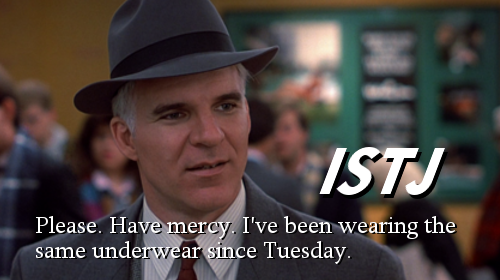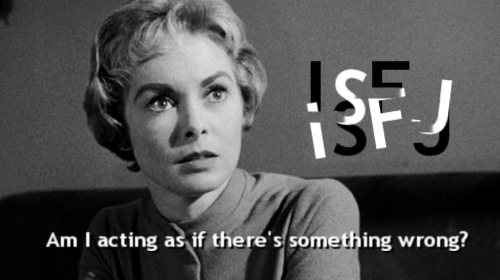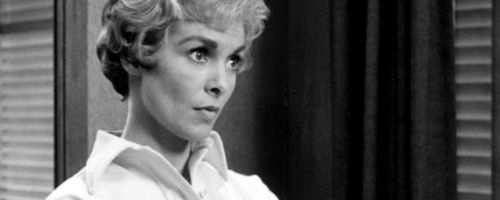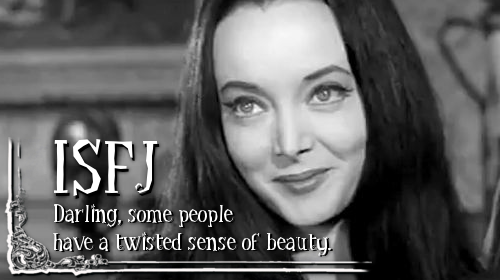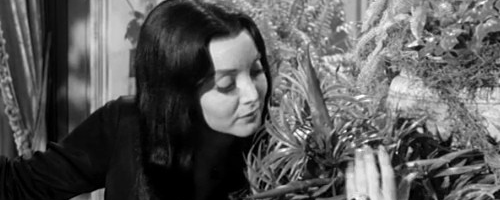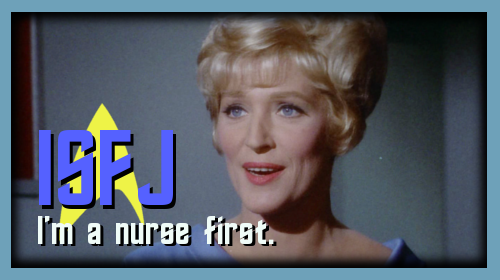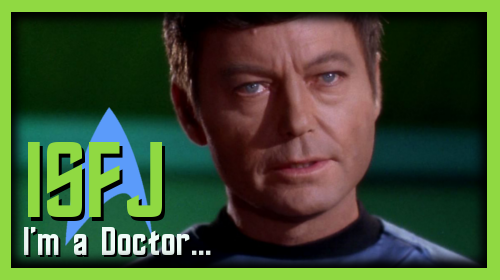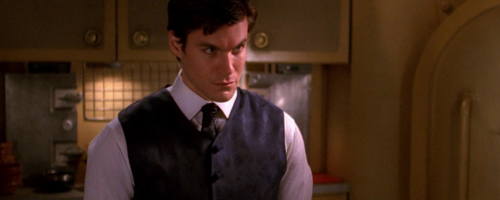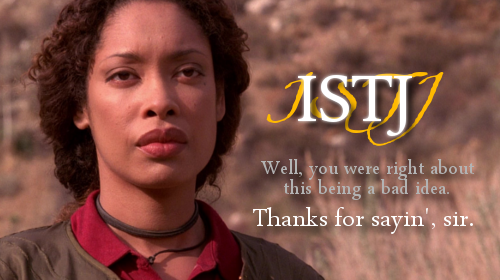
ISFJ – the Protector, the Steward, the Cultivator
A common joke among fans is that Alfred is Batman’s “batman,” the term meaning a personal assistant to an officer of the British military. He’s a classic part of the Batman mythos, and the Bat-family couldn’t function without him (much like the ISxJ butler of another gothic-style family I’ve profiled).
He only ever got one episode that focused on his own adventures—and then he spends most of it tied up to a chair (“The Lion and the Unicorn”)—but he’s such a well-established character that I think we’re okay extrapolating what we know of him in general to fill out his profile. After all, what would a Batman series be without Alfred?
Dominant Function: (Si) Introverted Sensing, “The Study”
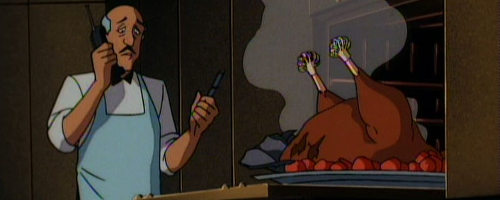
Alfred is a man with a long history. He served Thomas and Martha Wayne for many years, and saw no reason to leave once they were gone. He raised Bruce and continues to care for him into adulthood—with the help of fellow family friend, secret-keeper, and Si-dom Dr. Leslie Thompkins (an ISTJ)—out of respect for his parents’ memory.
Alfred keeps Wayne Manor in tip-top shape seemingly all by himself—the dusting alone you have to figure takes all week just to get to every room. He tends tirelessly to Bruce’s every need, whether it’s dinnertime or crime-fighting time. Bruce depends on his reliability and constancy for just about everything, and Alfred always comes through.
Alfred carries on the tradition, both of old-fashioned British domestic service, and of working for the Wayne Family, even though he doesn’t have to. It seems to suit his tastes and his skills, and despite his apparently daunting responsibilities, he seems to be able to conduct his own business as he sees fit. He remarks to an old friend that he’s become accustomed to his style of living, so life in Wayne Manor seems to be comfortable for him—slightly psychotic boss aside. Continue reading
